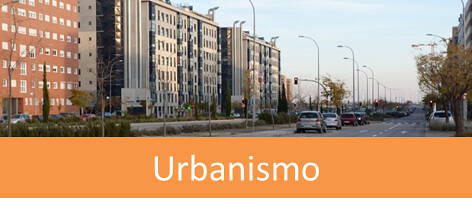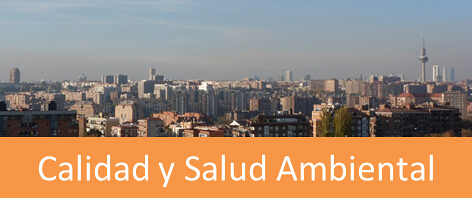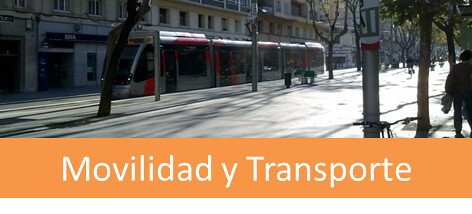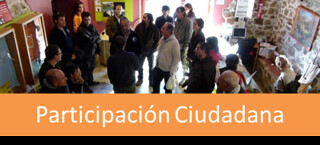European week of the fight against #FuelPoverty
- Detalles
• To encourage a greater discussion at a European level, we propose the celebration of the European week of the fight against Fuel poverty from 17 to 23rd of February.
• We appeal to European political parties to introduce in their electoral programs specific actions to combat poverty in the forthcoming elections to the European Parliament of May 2014.
• We also invite the public to join the debate via Twitter using the hashtag #FuelPoverty
Fuel poverty: a European reality
Fuel poverty, or energy poverty wich is commonly used in EU, can be defined as the inability of a household to meet their basic energy needs, such as to maintain the dwelling in adequate thermal conditions for health.
It is a reality that affects all Member States of the European Union (EU). In 2012, according to the European Union Survey on Income and Living Conditions (EU SILC), 54 million European citizens (over 10% of the total population) lived in households that declared to be unable to maintain an adequate temperature at home in the winter. However, this average hides substantial differences between Member States. Countries like Bulgaria, where the percentage of affected population exceeds 40%, differ widely from countries like Denmark, Sweden, Netherlands, Austria and Finland which are below 3%.
More than 10% of Spanish households (4 million people) were affected by Fuel Poverty in 2010 according to the study "Fuel Poverty in Spain" of the Spanish Association of Environmental Sciences(ACA). Preliminary results of a new study that will be presented in March 2014 sugest that the rate of energy poverty in Spain has increased significantly between 2010 and 2012.
Health impacts
The inability of a household to keep an adequate temperature in the dwelling is not just a matter of discomfort associated with a situation of inequality and social exclusion. Fuel poverty has significant health effects, especially for vulnerable populations such as children and the elderly. A study by theRegional Office for Europe of the World Health Organization (WHO) estimated in 38,200 the annual premature deaths associated with energy poverty in 11 European countries, and estimated that 30% of the additional deaths occur in winter (compared to the rest of seasons) are due to the existence of housing with inadequate temperatures. In Spain, the Association of Environmental Sciences (ACA) has estimated that Fuel poverty is responsible of between 2,300 and 9,300 premature deaths per year, a figure higher than the number of deaths in road traffic accidents (1,480 people in 2011).
Trends in key factors
There are three key factors that determine the incidence and evolution of energy poverty rates:prices of domestic energy, energy efficiency in buildings and household income.
In recent years, many European households have faced a difficult reality twice. On the one hand, according to a recent report by the European Commission on prices and energy costs, prices of gas and electricity to domestic consumers in Europe has increased significantly between 2008 and 2012. On the other hand, this has occurred in parallel to the effects of the economic and social crisis, which has increased the number of people unemployed since 2008, reducing effectively the incomes of households, especially in those from Member States forced to apply fiscal adjustment packages prescribed by European institutions. In Spain, where the unemployment rate has reached record highs of over 25%, key Fuel Poverty indicators have risen the most precisely among unemployed households, as evidenced by the report of the Association of Environmental Science (ACA) in 2012.
While energy prices and household income are important to understand the short-term evolution of fuel poverty rates, it should be noted that energy efficiency of buildings is a key structural factor. Since households living in low energy efficiency housing are more vulnerable to fuel poverty, a key solution to the problem in the medium-long term involves the energy efficiency retrofitting of residential buildings.
This measure would help meet other objectives such as reducing energy dependence as well as greenhouse gases emissions (GHGs) and other pollutants. It will also help creating employment, an objective of great importance in the present context. According to actual cases collected by a survey of businesses and organisations of the Spanish construction sector, the Association of Environmental Sciences found that energy efficiency retrofits of residential buildings in in Spain generates about 17 direct full time jobs per million of Euros invested in 2010 (or 47 jobs per year per 1000 m2 rehabilitated).
European Week of the fight against #FuelPoverty
Aware of the amplitude and complexity of Fuel poverty as a European problem, the Association of Environmental Sciences demands Member States the design of coordinated measures to combat this problem, and recalls that residential energy efficiency retrofits are the best measure to permanently eradicate fuel poverty, fight against climate change and reduce the energy dependence of the EU economies.
Moreover, on the occasion of elections to the European Parliament in May 2014, we want to appeal to the political parties of all Member States to introduce in their electoral programmes concrete proposals to tackle the European energy poverty challenge. .
Therefore, and in order to encourage a greater debate at European level, we propose the celebration of the European Week of the fight against Fuel Poverty from the 17th to the 23th of February.
Why the week of February 17th to 23th?
The celebration of the European week of the fight against Fuel poverty commemorates the third and last of the extraordinary cold waves that swept Europe in February 1956. During that month Europe suffered exceptional frost and freezing cold for nearly a month, completing the hardest winter in Europe and Spain since records began.






